The Top 10 Telecom Mergers And Acquisitions Of 2019 (So Far)
From the just-approved $26.5 billion-dollar Sprint/T-Mobile merger to smaller service providers joining forces to better compete against the incumbent telecom giants, here's a roundup of ten of the biggest telecom mergers and acquisitions that we've seen so far in 2019.
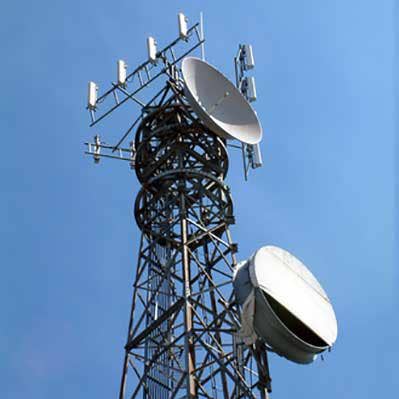
Telecoms Teaming Up
Mega-mergers, such as the mammoth $85.4 billion deal between AT&T and Time Warner, took over the telecom news cycle in 2018, but this year hasn't been upstaged when it comes to M&A activity that has the industry buzzing. For one, the pending $26.5 billion-dollar proposed Sprint and T-Mobile merger isn't making news because of its price tag, but more because it’s the fourth tie-up attempt from the third and fourth largest carriers in the country -- and it just received the blessing of the U.S. Department of Justice.
On the other hand, smaller service providers are coming together to expand their footprints and better compete with the likes of the incumbent telecom players. At the same time, these large, established industry giants are making news of their own as they venture outside of their core competencies and scoop up companies that will add unique value to their connectivity services, as evidenced by Comcast's purchase of managed Wi-Fi provider Deep Blue Communications this year.
Here's a roundup of ten of the biggest telecom mergers and acquisitions that we've seen so far in 2019.

$26.5 Billion Sprint, T-Mobile Merger Gets Closer To Reality
Sprint and T-Mobile, no strangers to the M&A world, embarked on their fourth merger attempt last year and although the deal has yet to close, it did get a little closer to reality after overcoming a major regulatory hurdle.
The two companies first revealed in April 2018 their proposed $26.5 billion merger, which values Sprint at $26 billion and T-Mobile at $55 billion without debt. Together, the two companies have said that the combined company will result in a $40 billion investment in the business and a strong 5G network that could better compete with the likes of AT&T and Verizon's 5G networks.
As part of a newly announced deal with the U.S. Department of Justice, the combined company will divest Sprint’s prepaid businesses and Sprint’s 800 MHz spectrum assets to Dish Network. After the deal closes, the companies will provide Dish wireless customers access to the new company’s network for seven years and offer standard transition services arrangements to Dish during a transition period of up to three years. Dish will also have an option to take on leases for certain cell sites and retail locations that are decommissioned by the combined company.

Zayo Group Acquired, Taken Private In $14.3 Billion Deal
Communications infrastructure provider Zayo Group Holdings Inc. in May announced it agreed to be acquired by global investment firms Digital Colony Partners and the EQT Infrastructure IV fund in a deal valued at $14.3 billion.
The Boulder, Colo.-based company had reportedly ran up against competitive challenges in the fiber arena. In fact, Zayo in March let on that it was evaluating strategic alternatives, which led to speculation of a possible takeover. The transaction included $5.9 billion of Zayo’s net debt obligations that was taken on by the two investment firms. The agreement granted Zayo shareholders $35.00 in cash per share of Zayo’s common stock.
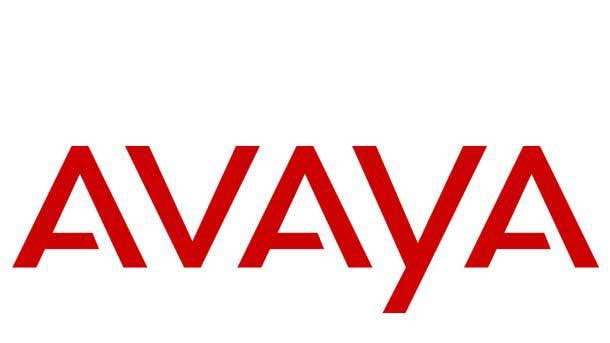
Avaya Reportedly Considers Buyout, Acquisition Offers Worth $2-$5 Billion
While still a rumor, communications specialist Avaya in March reportedly began considering a $5 billion leveraged buyout offer from an unnamed private equity firm. The next month, more reports surfaced that UCaaS provider Mitel is reportedly interested in buying Avaya in an all-stock merger valued at between $2.2 billion and $2.4 billion.
Avaya, for its part, came out of chapter 11 bankruptcy protection in 2017 and became a publicly-traded company on the New York Stock Exchange (NYSE) in 2018. Santa Clara, Calif.-based Avaya has not confirmed any buyout reports as of July.

Frontier Communications Sells off Western Wireline Operations For $1.35 Billion
Frontier Communications offloaded its assets and operations in four states -- Washington, Oregon, Idaho and Montana -- for $1.35 billion in an all-cash deal with WaveDivision Capital, a private investment firm focused on the broadband industry, in partnership with Searchlight Capital Partners.
The Stamford, Conn.-based based telecommunications provider has been struggling financially for the past four years, and Frontier said it believes that the deal, inked in May, will help it boost its balance sheet.

TPx Communications Goes Public Via A $343 Million Acquisition
TPx Communications, formerly known as TelePacific Communications, in February announced it would be coming together with special purpose acquisition company Pensare Acquisition Corp. The $343 million deal made TPx a publicly-traded company.
The transaction valued the combined companies at approximately $1.1 billion, according to Los Angeles-based TPx. The new company is today known as TPx Corp. and is listed as "TPXC" on the Nasdaq.
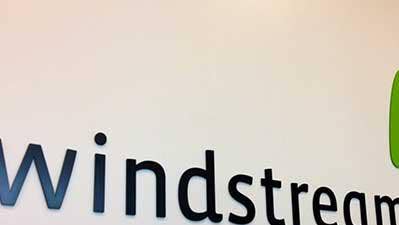
Windstream Sells EarthLink Business To Trive Capital for $330 Million
Telecom service provider Windstream started 2019 by offloading its Earthlink consumer business that it acquired in 2017 to Dallas-based private equity firm Trive Capital for $330 million in cash in an effort to return to health.
According to Little Rock, Arkansas-based Windstream's financials, the EarthLink consumer business had been steadily declining. The deal offloaded only the consumer business, not the Earthlink enterprise business, the carrier said at the time. Windstream later in February filed for Chapter 11 bankruptcy protection so it could "reorganize" its finances.
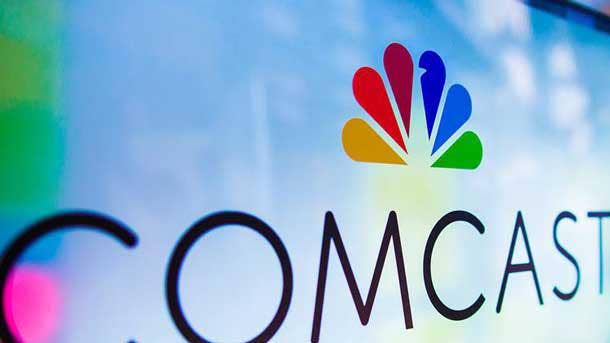
Comcast Acquires Deep Blue Communications
Cable behemoth Comcast bought Deep Blue Communications, a company that specializes in engineering, installing, and managing commercial Wi-Fi networks in May for an undisclosed amount.
The completed deal gives Philadelphia-based Comcast a managed Wi-Fi solution to the company's growing network solutions portfolio. Now together, the two companies can provide both the reliable network and portfolio of advanced networking solutions with an intelligent, managed Wi-Fi solution for business customers, Comcast has said regarding the deal.
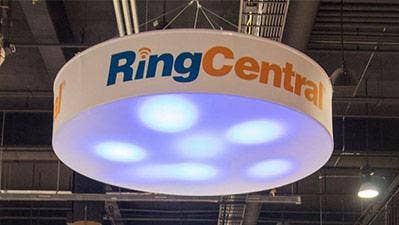
RingCentral Buys Connect First
Unified-Communications as-a-Service (UCaaS) specialist RingCentral kicked off the year by announcing its third acquisition -- it would purchase cloud-based contact center provider Connect First.
Belmont, Calif.-based RingCentral has been heavily focused on customer engagement, and the deal brings together the company's existing inbound contact center technology with Connect First's technology for outbound and blended customer interactions. Financial terms of the deal were not disclosed by the companies.
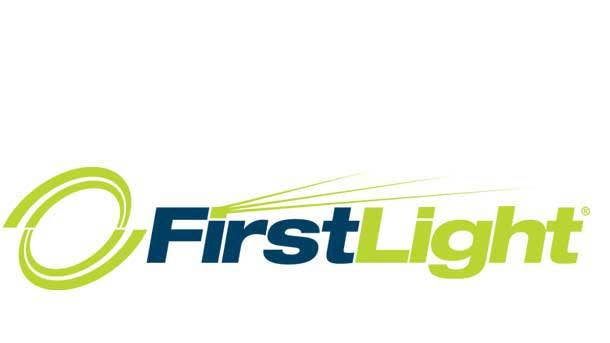
FirstLight Buys Maine Fiber Company
Telecom network provider FirstLight revealed in May that it had scooped up dark fiber network provider Maine Fiber Company for an undisclosed sum. FirstLight said that not only will the transaction enhance its fiber network throughout Maine, the Mine Fiber Company network also spans 1,300 route miles through the U.S. and into Canada including a cable landing, the Maritime Express Route from Nova Scotia to Boston.
Albany-based FiberLight last year came together Satellite communications provider Globalstar in a $1.65 billion deal that brought together satellite, wireless and fixed broadband assets.

Great Plains Communications to Buy InterCarrier Networks
Large, privately-owned telecommunications provider Great Plains Communications, a company owned by private equity firm Grain Management, announced its plans to buy InterCarrier Networks, a regional fiber optic carrier that spans Illinois, Indiana, the St. Louis metro area in Missouri, and Kentucky.
Blair, Nebraska-based Great Plains Communications said that the deal, first announced in May, would bring bandwidth infrastructure solutions to telecom service providers and enterprises in Midwestern markets, an area in which inexpensive bandwidth has traditionally been difficult to obtain.